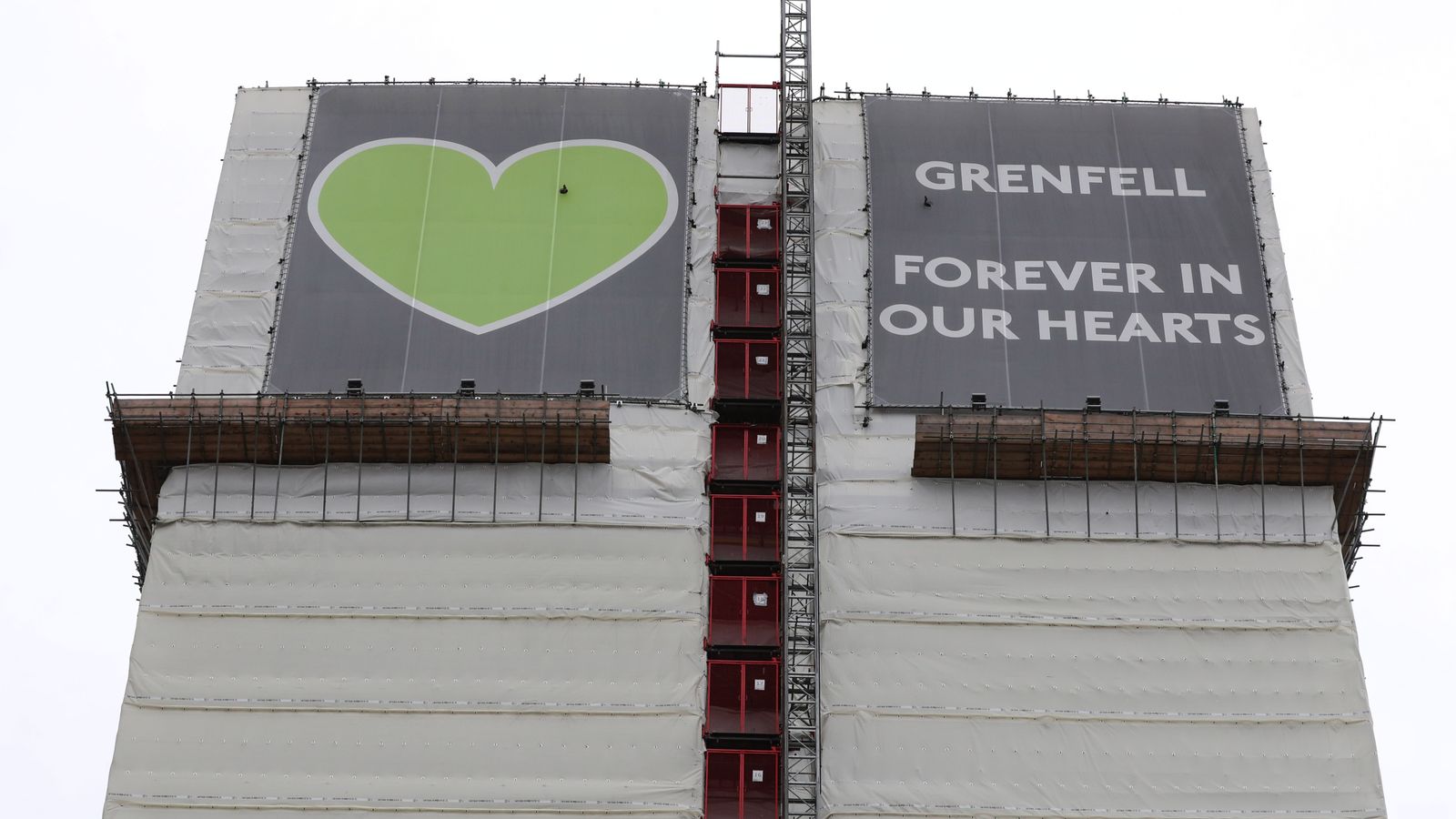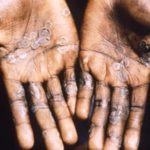The company that produced the cladding used on Grenfell Tower didn’t alert customers to the dangers of one of its products following a 2009 tower block fire because nobody died, its president said.
Claude Schmidt, president of Arconic’s French arm, told the Grenfell Tower Inquiry the firm did not issue a warning over the use of polyethylene (PE) panels, despite being alerted to a fire in Bucharest, Romania, which a senior colleague said showed “how dangerous PE can be when it comes to architecture”.
PE panels were later fitted on the Grenfell high-rise block in west London, which caught fire in June 2017, resulting in the deaths of 72 people.
Giving evidence to the inquiry through an interpreter on Thursday, Mr Schmidt said he did not think Arconic was responsible for the panels on the Bucharest building, but admitted he was aware of the possible dangers of PE in a fire, and regarded the matter as “important”.
He told the inquiry: “As far as we knew, there had been no injury.
“We knew the product was used very widely and very generally.”
Richard Millett QC, counsel to the inquiry, asked: “Is the reason why Arconic took no steps to do anything internally with [the product] because it only affected the outside of the building, there was no loss of life or injury, and it was a widely used product?
“Have I got your evidence right?”
Mr Schmidt replied: “Yes.”
Please use Chrome browser for a more accessible video player
Mr Millett asked: “Is personal injury really an appropriate measure by which fire safety of [the product] should be judged?”
Mr Schmidt said: “It is one of the elements with regard to the evaluation, yes.”
He added that he did not know why the company did not put out advice to customers about the potential danger of using PE.
He also conceded he did not establish training systems within Arconic about the usage and dangers of PE on high-rise buildings following the Bucharest blaze.
The inquiry previously heard evidence from Mr Schmidt that the firm was “legally obliged” to share the 2004 test failed “5B” data for its Reynobond PE cassette product with certifying authorities, and agreed it was a matter of “absolutely crucial safety information”.






















